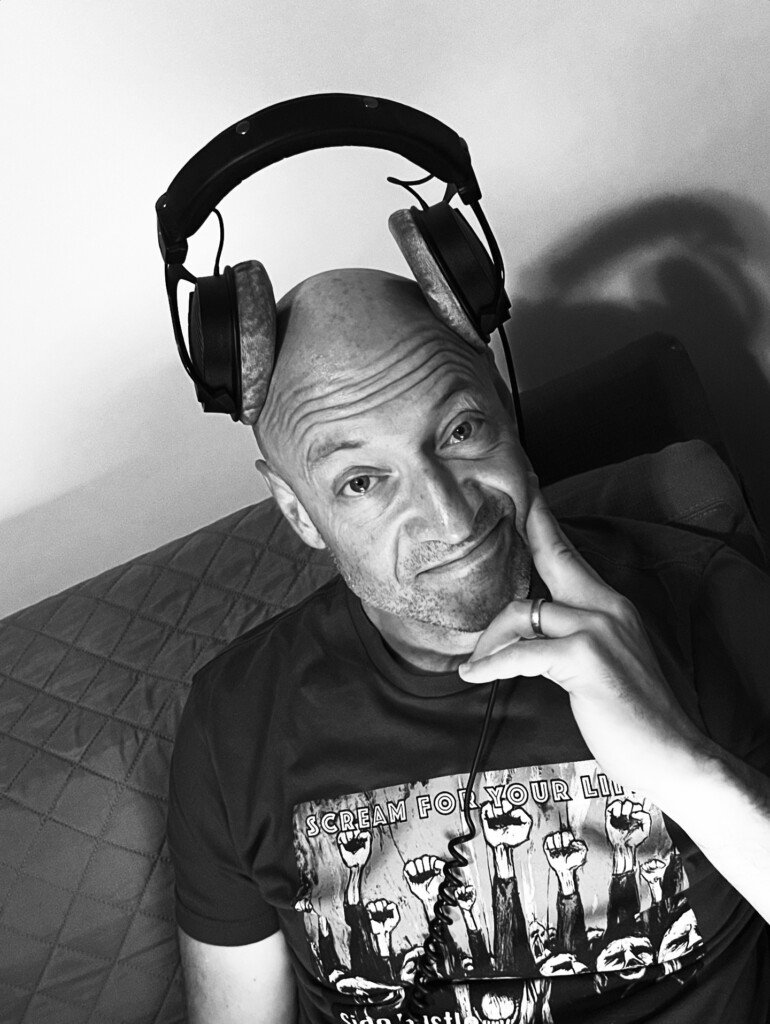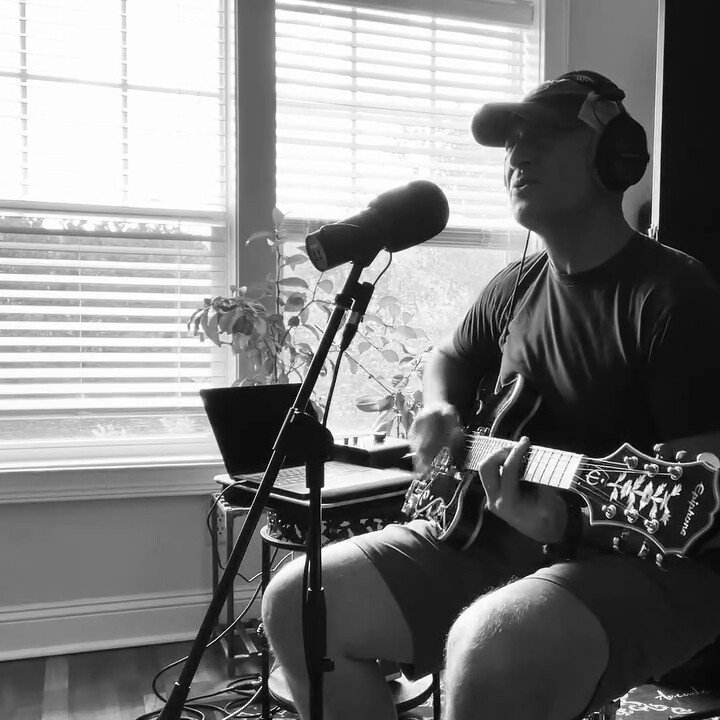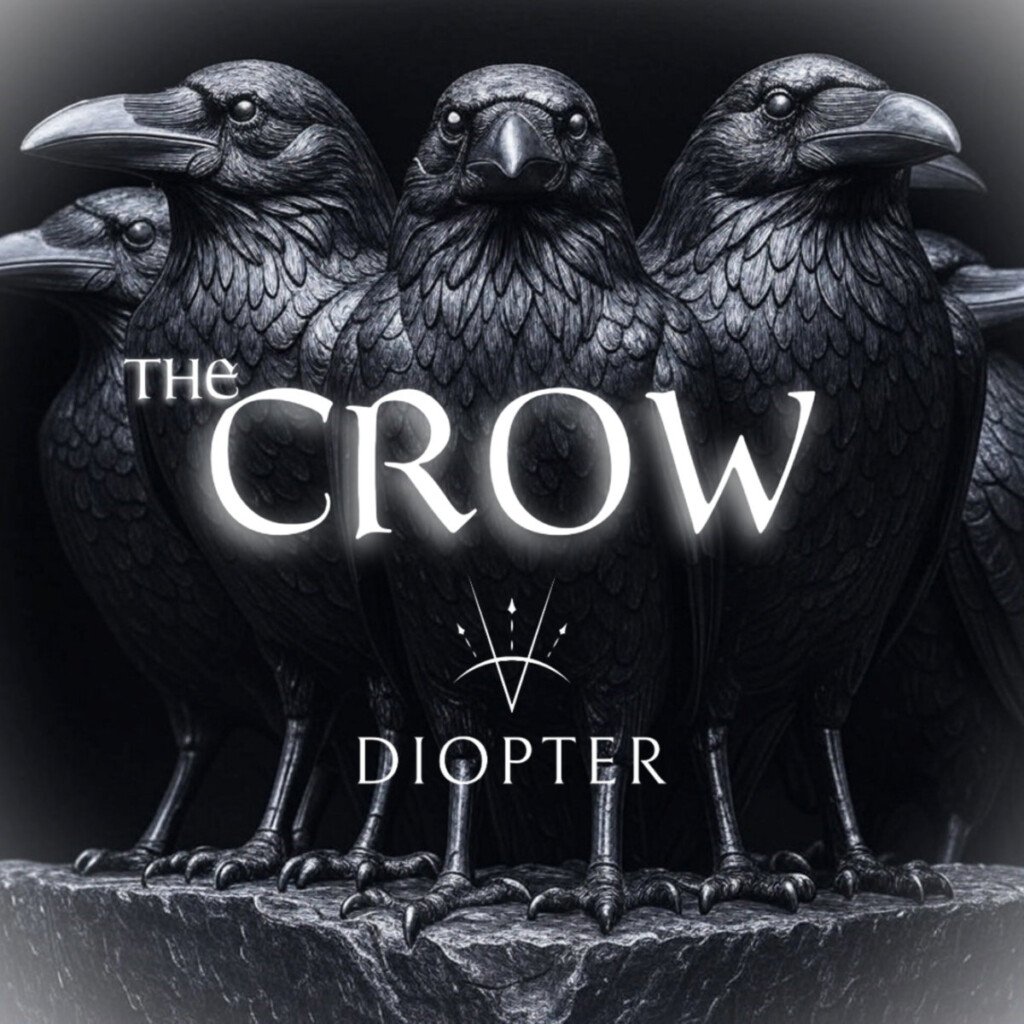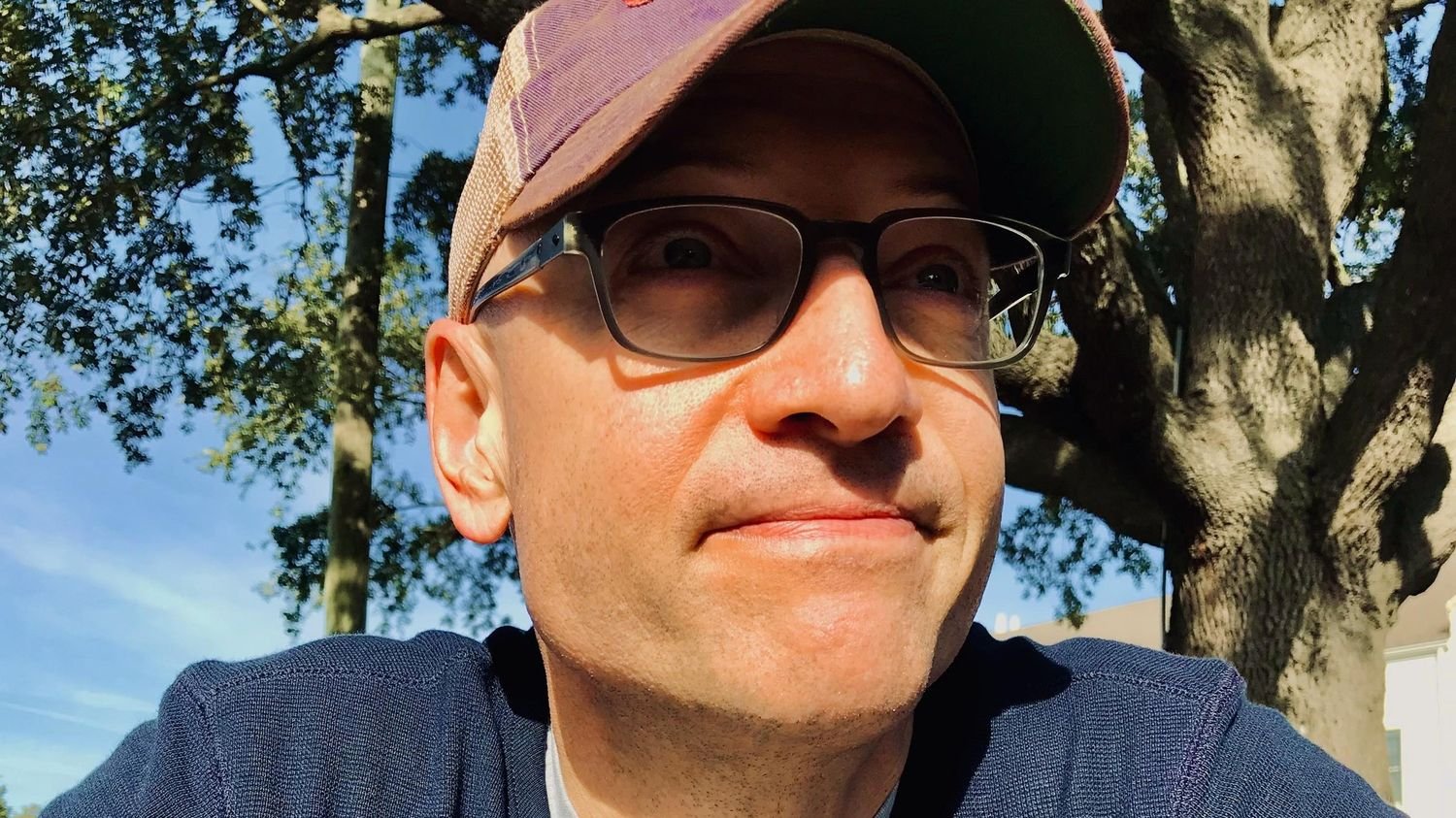Diopter (Dye-opt-er) is an independent musician and music producer blending the raw energy of 90s and early 2000s rock with introspective singer/songwriter craft and alternative/indie rock vibes. Drawing inspiration from iconic acts like Pearl Jam, Alice in Chains, Lenny Kravitz, Rush, Soundgarden, and Smashing Pumpkins, his sound weaves emotional melodies with atmospheric textures and impactful storytelling. More than just music, Diopter’s work is a journey of personal growth and artistic expression, aimed at stirring deep emotions and inspiring reflection. His straightforward yet dreamy rock compositions resonate strongly with a thoughtful, predominantly middle-aged male audience who value evocative lyrics and authentic experiences. Driven by a passion to create meaningful art and leave a lasting legacy for his wife and son, Diopter continues to evolve as a musician, crafting songs designed to connect and uplift listeners across generations. Check out the exclusive interview below:

1. Your roots can often shape your journey. Can you share a story or moment from your early life that had a significant impact on your path into music?
Diopter: I grew up a daydreamer—someone who felt the world before understanding it. I’ve always had this intuitive sense, almost like I could feel something long before I could explain it. Music connected to that part of me early on.
One defining moment was hearing The Beatles for the first time at a friend’s house. The melodies, the emotion, the imagination behind it—it flipped a switch in me. Suddenly music became more than sound; it became the language my intuition had been trying to speak. That moment set a path that I stepped back into later in life, but it never stopped calling.
2. Did your musical journey begin with formal training, or was it more of a personal exploration? How has that shaped your unique approach to your craft?
Diopter: My musical path was built almost entirely on exploration. I played trumpet for two years in junior high, but nothing formal guided me. After college, I bought my first guitar at 22 because I felt pulled toward the grunge movement—Pearl Jam, Nirvana—and needed something meaningful to challenge myself.
Everything since then has been self-taught. My writing comes from a feeling first, not a technical blueprint. A chord progression triggers an emotional response, and from that feeling, the lyrics follow. That instinctive process shapes my sound more than any formal training could have.
3. Who were some of the most influential figures in your early musical life, and how did they inspire your sound? Also, what’s the story behind choosing the name ‘Diopter’?
Diopter: My earliest influences were a mix of musical worlds. My parents played Chuck Berry, Elton John, and The Everly Brothers on vinyl. My parents and grandparents adored opera—my grandfather was a tenor at the New York Metropolitan—so I grew up hearing the beauty of melodic, orchestral music. Seeing Pavarotti as a teen felt like watching an angel sing.
My older brother Chris was blasting Led Zeppelin and AC/DC, and the moment my cousin Tommy (RIP) introduced me to Rush – 2112 was transformative. Rush showed me that music could be vast, introspective, and philosophical—something that speaks to both the external world and the internal one.
The name Diopter comes from my optometry background. A diopter is a unit of focus, and music has always been the way I bring emotional and mental noise into clarity. It ties my past to who I’ve become creatively.
4. What do you believe sets your music apart? How would you describe your sound to someone discovering you for the first time, and what emotions or experiences do you hope to evoke in your listeners?
Diopter: My music begins with a feeling. A chord or progression sparks an internal reaction, and that emotional cue builds the song. Lyrics then connect to something in my past, a lesson I’ve learned, or something I’m navigating now. That gives my music a deeply personal signature.
I’d describe my sound as gritty, melodic rock with introspective storytelling. I want listeners to feel movement—emotionally, mentally, spiritually. If a song helps someone confront a truth or find a piece of themselves they’ve been avoiding, then it’s done its job.

5. For most artists, originality is first preceded by a phase of learning and, often, emulating others. What was this like for you? How would you describe your own development as an artist and music maker, and the transition towards your own style, which is known as ROCK?
Diopter: In the beginning, I emulated what moved me—classic rock, grunge, progressive rock, and the melodic power of opera. But since I wasn’t formally trained, I never felt boxed in by rules. Emulation naturally gave way to experimentation.
My own style emerged through relentless writing, exploration, and following instinct more than structure. Over time, the imitator fell away, and the version of rock I make now became something raw, emotional, and unmistakably mine.
6. Music often transcends entertainment. What’s your view on the role and function of music as political, cultural, spiritual, and/or social vehicles – and do you try and affront any of these themes in your work, or are you purely interested in music as an expression of technical artistry, personal narrative, and entertainment?
Diopter: My writing always begins from personal truth—intuition, lived experience, and self-reflection. But personal truth naturally intersects with the world around us. I often write about disconnection, numbness, and the ways people get stuck in comfort or fear.
I believe movement—mental or physical—is essential for growth, and that connecting with others from all walks of life gives us perspective. So while I’m not a political writer, themes of awareness, reconnection, and breaking out of complacency flow through my music.
7. Do you feel the rewards of your musical career match the energy and passion you invest in it, or are there different kinds of fulfillment you’re still seeking?
Diopter: The deepest reward has been rediscovering myself through music after years of focusing on career and responsibility. Creating something meaningful and hearing that it resonates with others is incredibly fulfilling.
But I’m still reaching for more.
I want to grow, collaborate, expand my sound, and ultimately leave behind a body of work my family can be proud of. I’m grateful for the journey so far, but the fulfillment I’m seeking is still unfolding.
8. Can you walk us through your creative process? From the first spark of an idea to the finished track, what’s the most essential part of your process, and how do collaboration or external influences shape your work?
Diopter: Everything begins with a feeling. A chord progression gives me an emotional spark, and I follow that spark to find the meaning behind it. The lyrics usually fall into place once I understand what the music is trying to tell me—whether it’s tied to my past or something I’m working through now.
The essential part of my process is honesty. If I’m not being fully truthful with myself, the song won’t connect. Collaboration helps refine the final product, but the emotional core always comes from that initial intuitive moment.
9. What’s been the most challenging hurdle in either your personal life or music career, and how has it shaped you as an artist?
Diopter: My biggest challenge was stepping away from music for so long while building a 20-year career in optometry. It was the practical choice at the time, but a part of me always felt unfinished. Returning to music required facing that tension and acknowledging that I still had something to say creatively.
That duality of responsibility versus passion shaped the emotional depth of my music. It taught me discipline, reflection, and the importance of reclaiming parts of yourself you once set aside.
10. On the flip side, what moment or achievement in your career so far has made you feel the proudest, and why? And let’s talk about your latest release and future plans.
Diopter: Finishing my first album after decades away from music felt like reclaiming a part of myself I thought I’d lost. The fact that I am now working on my third album is something I’m truly proud of. Each project deepens my understanding of my craft and shows me that growth never stops.
My upcoming material continues blending introspective rock with emotional depth. Looking ahead, I plan to expand the visual identity of Diopter, collaborate more, and release music more consistently. I want to build a lasting artistic legacy—one that reflects who I am and what I hope to leave behind.
11. With social media having a heavy impact on our lives and the music business in general, how do you handle criticism, haters, and/or naysayers in general? Is it something you pay attention to, or simply ignore?
Diopter: I’ve learned not to give negativity more space than it earns. Most criticism comes from people who aren’t creating anything themselves. I focus on meaningful feedback from listeners and collaborators who understand the art and want to see it grow.
Creativity requires vulnerability, but it doesn’t require carrying every opinion with you.
12. Creative work in a studio or home environment, or interaction with a live audience? Which of these two options excites you most, and why?
Diopter: Right now, the studio is where I live creatively. I’m not currently performing live, but I’m very interested in connecting with musicians who are motivated to record original music and build something meaningful together. If the right group comes together—and playing live becomes part of that journey—I’m absolutely open to it.
For now, the studio excites me because it’s where ideas evolve, where emotions take shape, and where songs become real. But with the right people, taking that energy to a stage is something I’d welcome.
13. Do you think is it important for fans of your music to understand the real story and message driving each of your songs, or do you think everyone should be free to interpret your songs in their own personal way?
Diopter: I write from deeply personal experiences, memories, and emotions. But once a song is released, it becomes the listener’s. If someone finds a different meaning than the one I wrote, that’s the magic of music.
Interpretation is part of connection. I want people to feel free to let the songs speak to them in whatever way they need.
STAY IN TOUCH:
FACEBOOK | INSTAGRAM | TWITTER | SPOTIFY | BANDCAMP | WEBSITE | YOUTUBE


